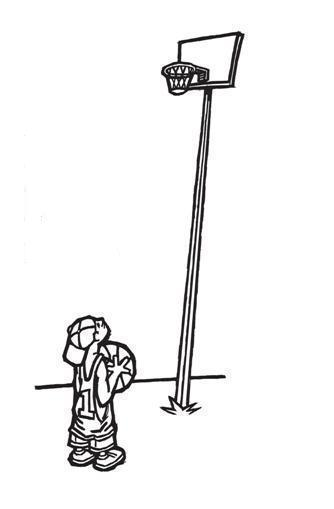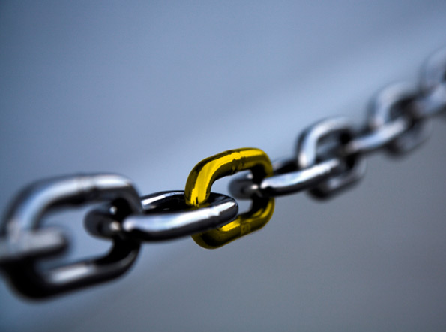Three ways to help people get things done

A friend sent me a copy of a new book about basketball coach Don Meyer. Don was one of the most successful college basketball coaches of all time, apparently. It's quite a sad book—sad because of his tragic accident, but also sad because it's a vivid story about a misguided management technque.
Meyer's belief was that he could become an external compass and taskmaster to his players. By yelling louder, pushing harder and relentlessly riding his players, his plan was to generate excellence by bullying them. The hope was that over time, people would start pushing themselves, incorporating Don's voice inside their head, but in fact, this often turns out to be untrue. People can be pushed, but the minute you stop, they stop. If the habit you've taught is to achieve in order to avoid getting chewed out, once the chewing out stops, so does the achievement.
It might win basketball games, but it doesn't scale and it doesn't last. When Don left the room (or the players graduated), the team stopped winning.
A second way to manage people is to create competition. Pit people against one another and many of them will respond. Post all the grades on a test, with names, and watch people try to outdo each other next time. Promise a group of six managers that one of them will get promoted in six months and watch the energy level rise. Want to see little league players raise their game? Just let them know the playoffs are in two weeks and they're one game out of contention.
Again, there's human nature at work here, and this can work in the short run. The problem, of course, is that in every competition most competitors lose. Some people use that losing to try harder next time, but others merely give up. Worse, it's hard to create the cooperative environment that fosters creativity when everyone in the room knows that someone else is out to defeat them.
Both the first message (the bully with the heart of gold) and the second (creating scarce prizes) are based on a factory model, one of scarcity. It's my factory, my basketball, my gallery and I'm going to manipulate whatever I need to do to get the results I need. If there's only room for one winner, it seems these approaches make sense.
The third method, the one that I prefer, is to open the door. Give people a platform, not a ceiling. Set expectations, not to manipulate but to encourage. And then get out of the way, helping when asked but not yelling from the back of the bus.
When people learn to embrace achievement, they get hooked on it. Take a look at the incredible achievements the alumni of some organizations achieve after they move on. When adults (and kids) see the power of self-direction and realize the benefits of mutual support, they tend to seek it out over and over again.
In a non-factory mindset, one where many people have the opportunity to use the platform (I count the web and most of the arts in this category), there are always achievers eager to take the opportunity. No, most people can't manage themselves well enough to excel in the way you need them to, certainly not immediately. But those that can (or those that can learn to) are able to produce amazing results, far better than we ever could have bullied them into. They turn into linchpins, solving problems you didn't even realize you had. A new generation of leaders is created...
And it lasts a lifetime.












